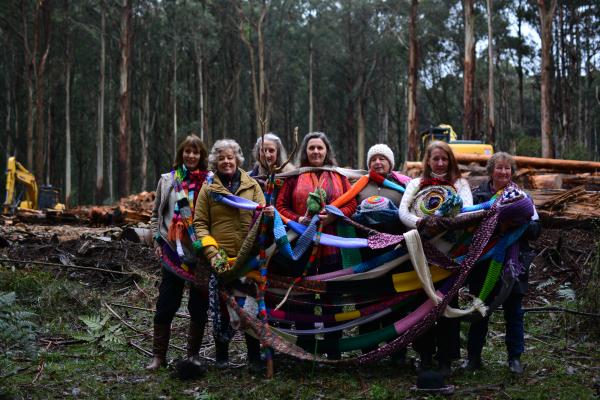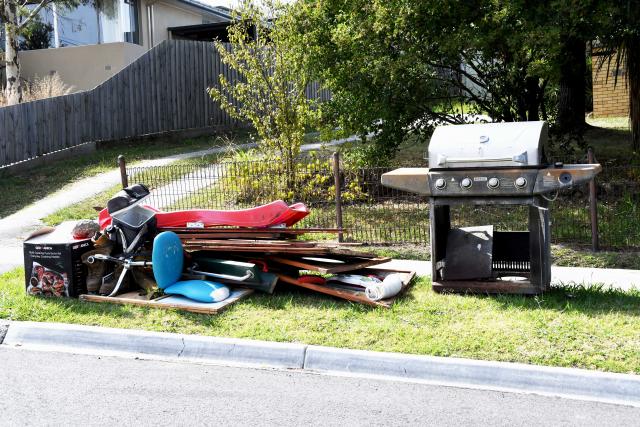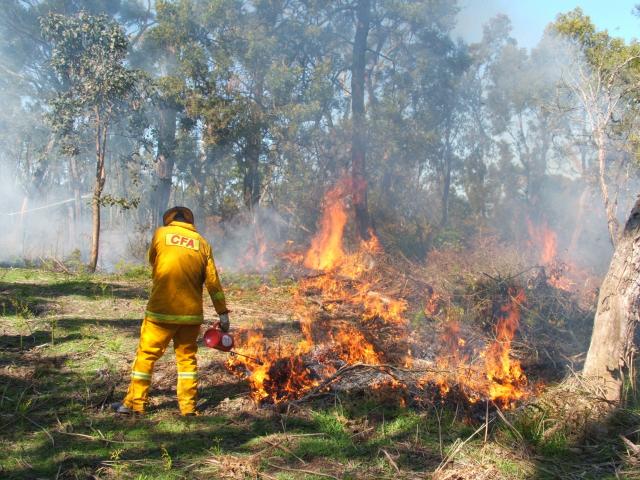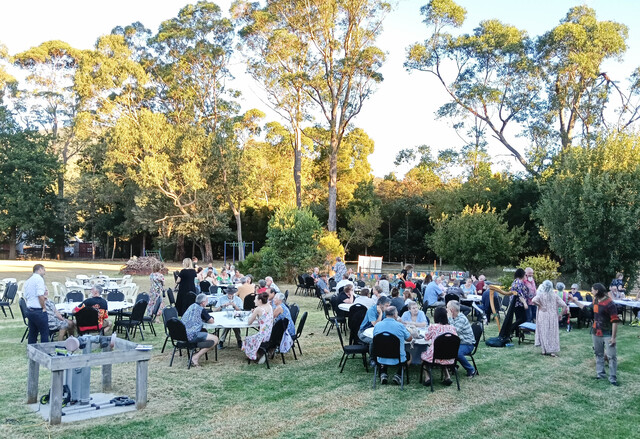By ANEEKA SIMONIS
BRIGHT and bold was the statement made by the Knitting Nannas of Toolangi (KNOT) as they struck a stance against deforestation earlier this month.
Peacefully protesting at Rusty logging coupe along Sylvia Creek Road in Toolangi, the group unveiled a scarf more than 150 metres long – the same distance people are restricted from logging coupes when they are in operation.
The demonstration, held during the morning of 13 July was chilly, but KNOT member Karena Goldfinch said nothing would stop the passionate group of grandparents from trying to protect the forest area.
“We are lobbying to set up a Great Forest National Park which will link Yarra Ranges National Park and King Lake National Park, creating safe habitats for native species,” she said.
KNOT began knitting the symbolic scarf in response to the legislative changes made to the exclusion zones of logging sites, extended from 100 metres to 150 metres from a given logging site.
Since starting in April last year, the group has been overwhelmed by the support of people across QLD, NSW and Adelaide who contributed to the scarf as a show of their concern for the forest.
“The day went brilliantly. We actually found the scarf was a lot longer than we expected it to be,” Goldfinch said.
The Rusty logging coupe has been the source of some controversy, due to a number of older trees that had been detected with Leadbeater’s Possum colonies in the past.
KNOT said their lobbying efforts have already saved trees in the area, including one hollow-bearing tree named Hugo.
“Lobbying by members and Minister for Environment and Climate Change Hon. Ryan Smith, MP helped protect Hugo and create a one hectare boundary around the tree,” Goldfinch said.
VicForests’ general manager of Stakeholders and Planning, Nathan Trushell confirmed that a number of trees that had been monitored by the Australian National University in 1988 would be exempted from logging.
Goldfinch said that if VicForests’ plans for the Rusty logging coupe go ahead, the forest might become a greater risk area.
“We are concerned it will increase the risk of fire and dry the forest out … and of course, the larger issue of climate change.”
The group said it would continue to use the scarf in protests against logging in the area.
















